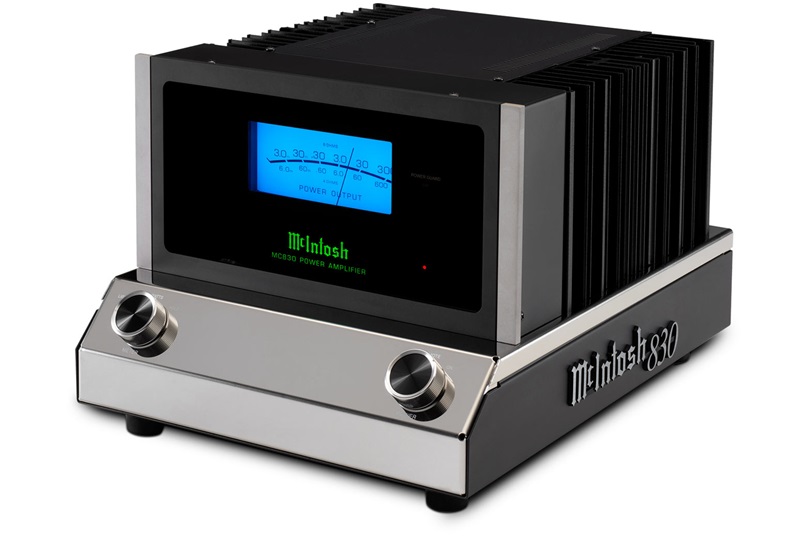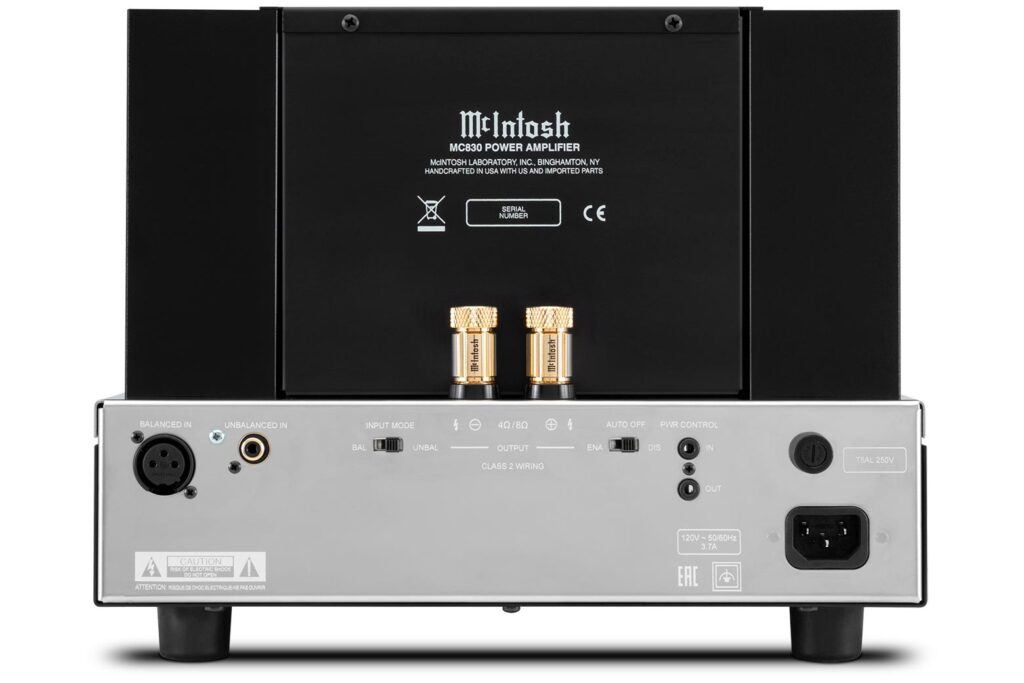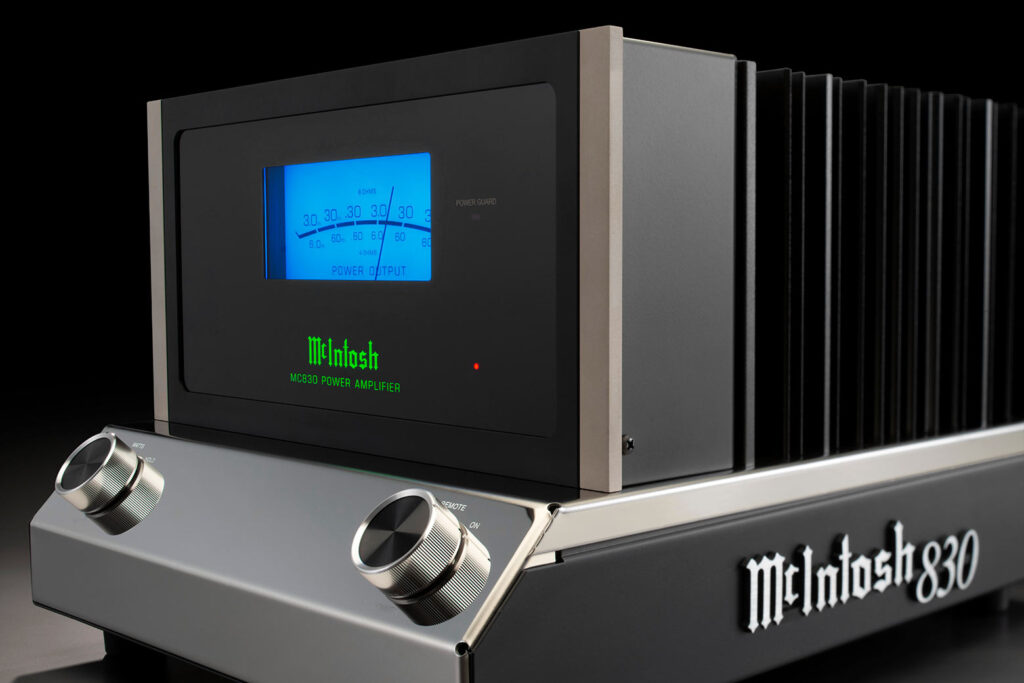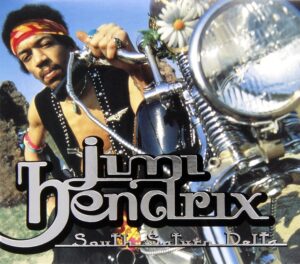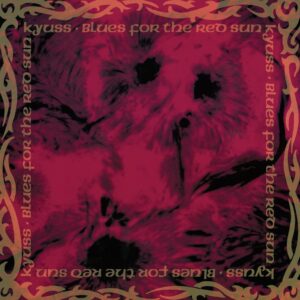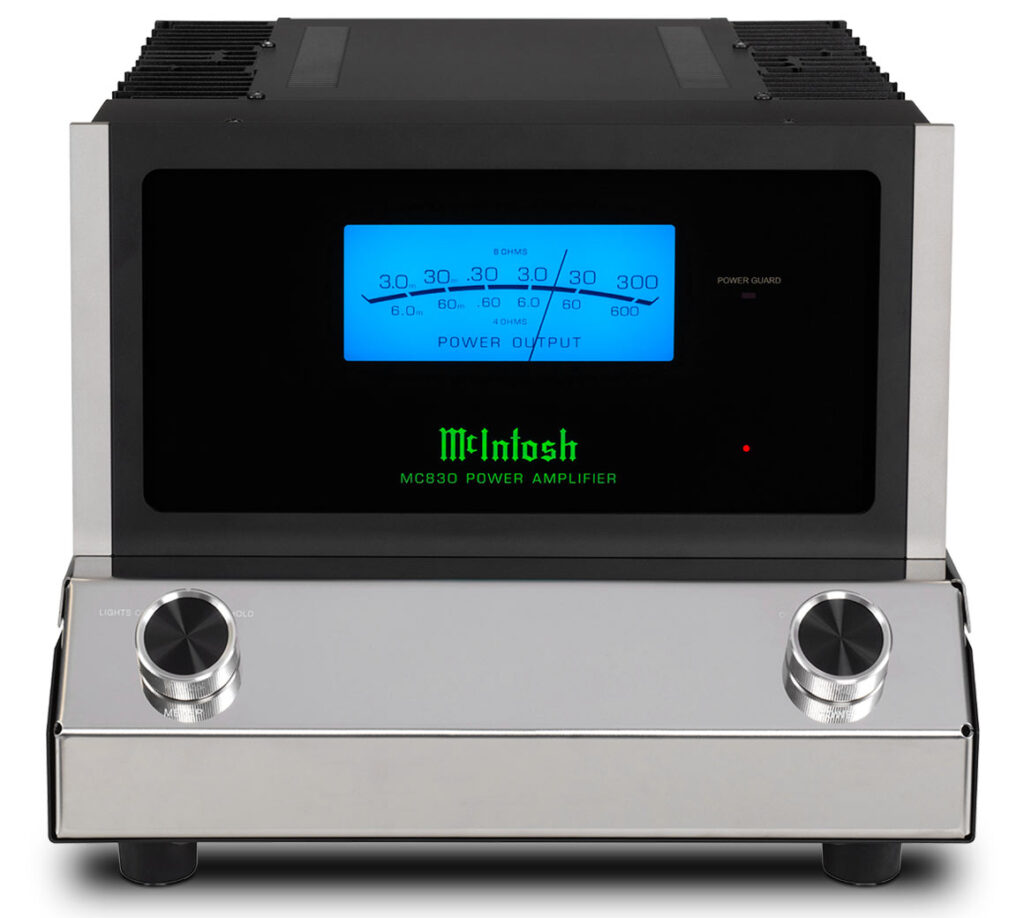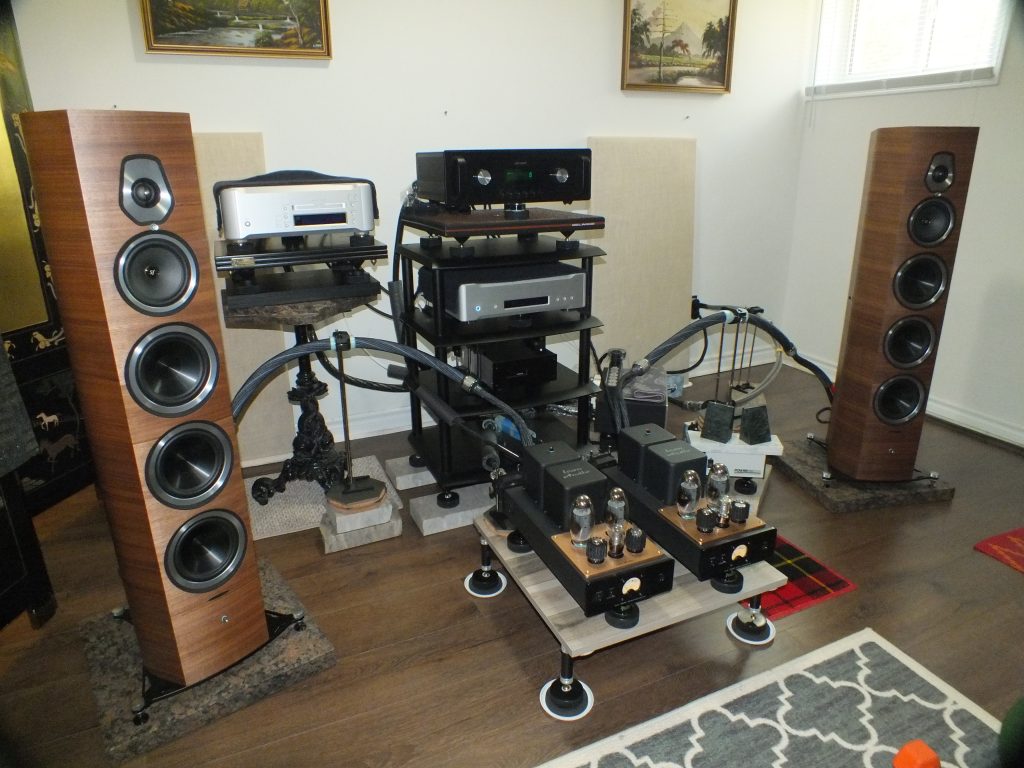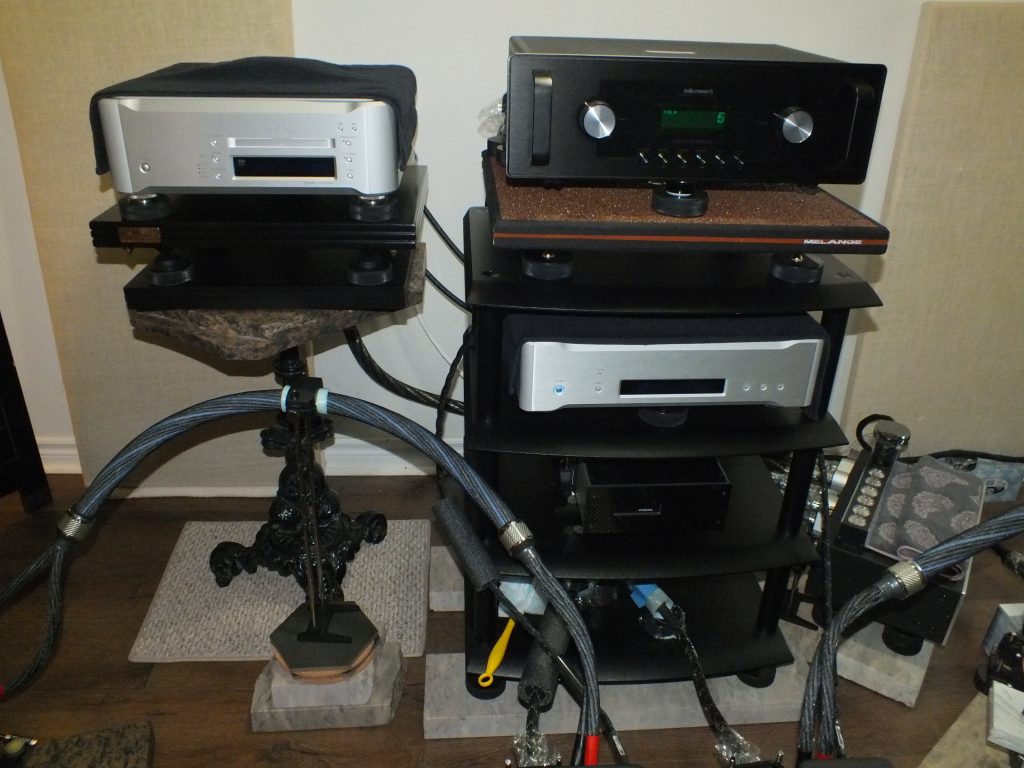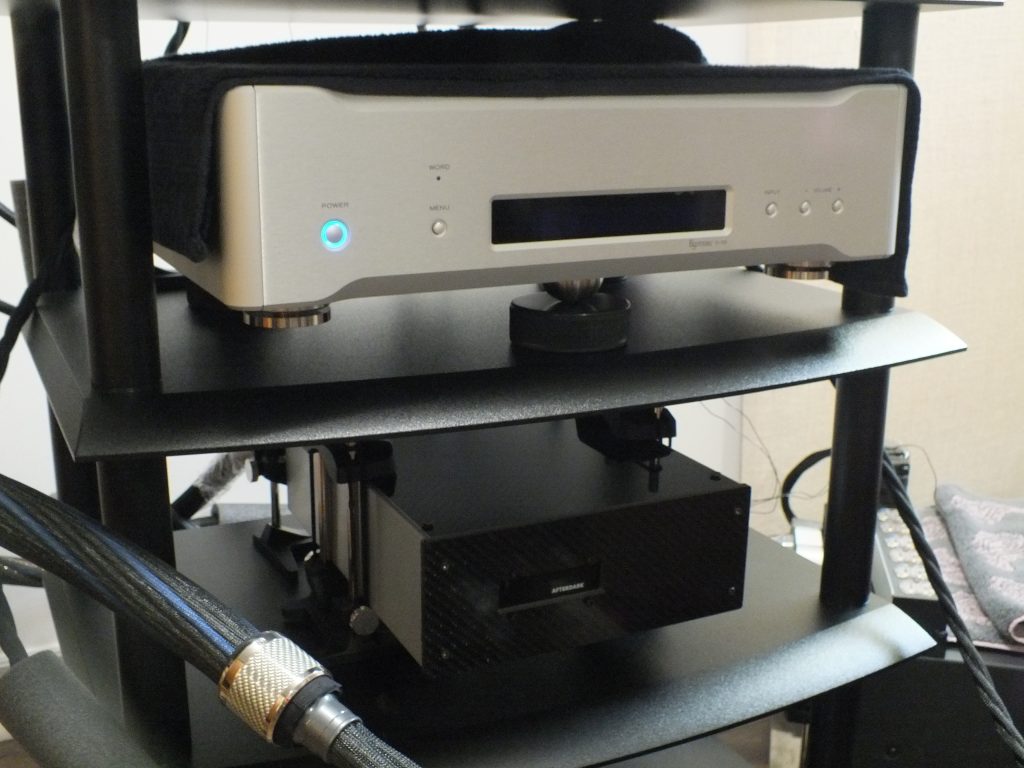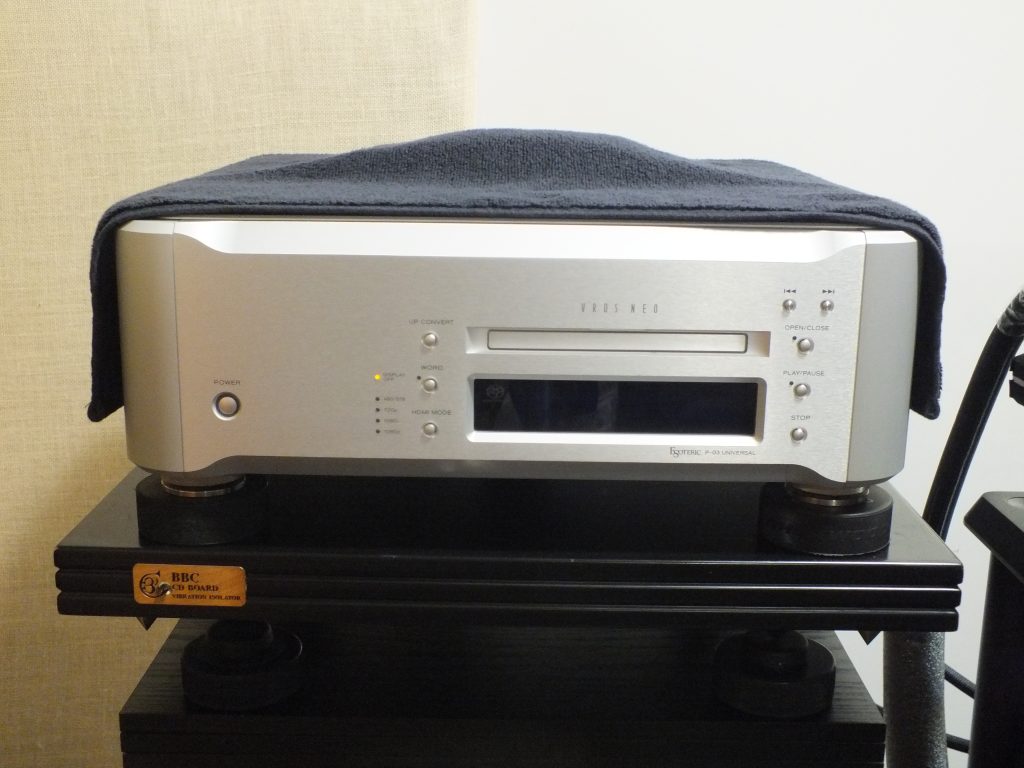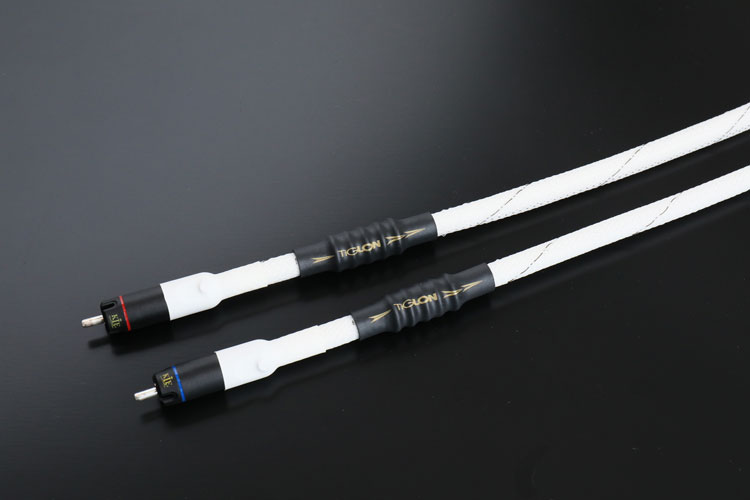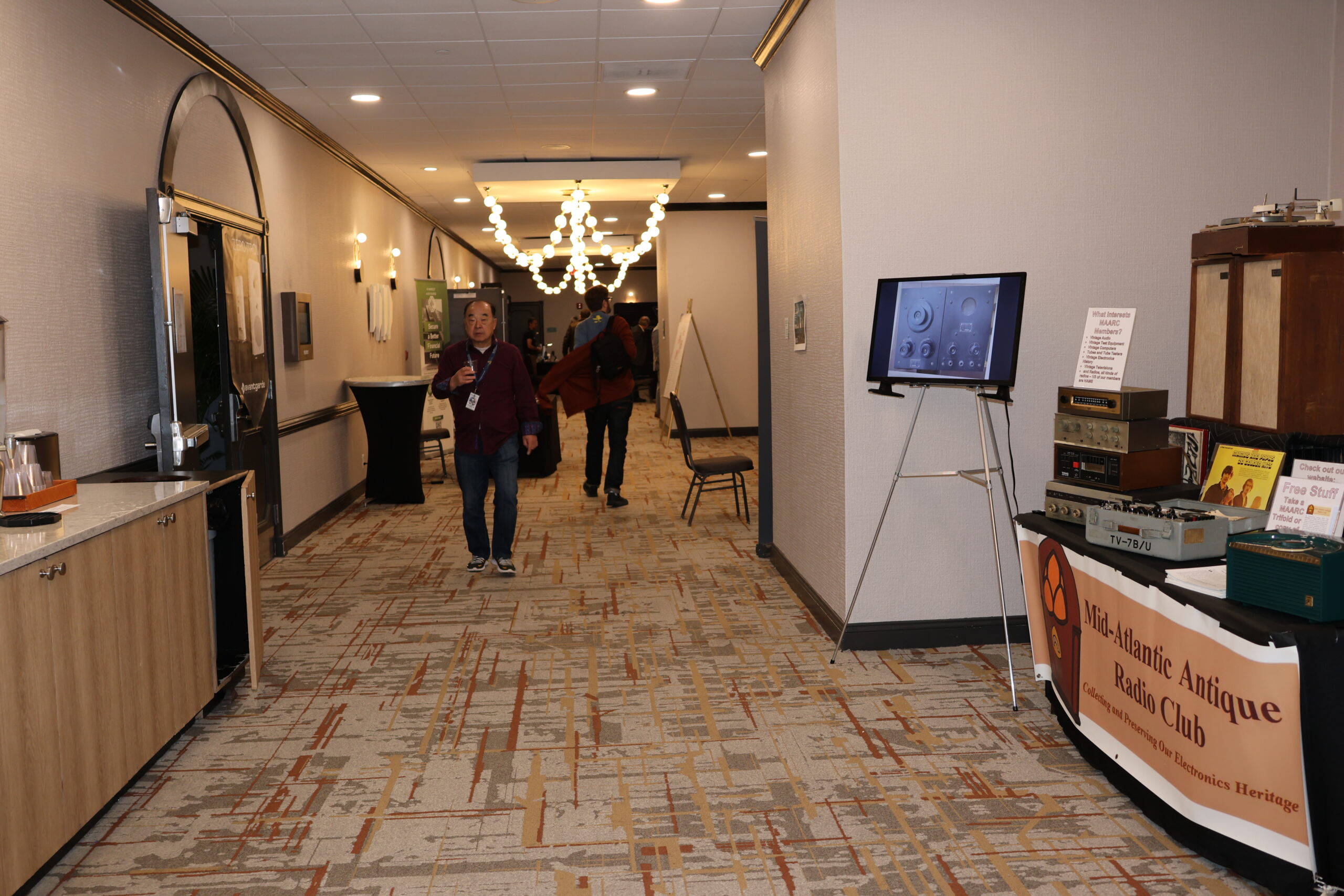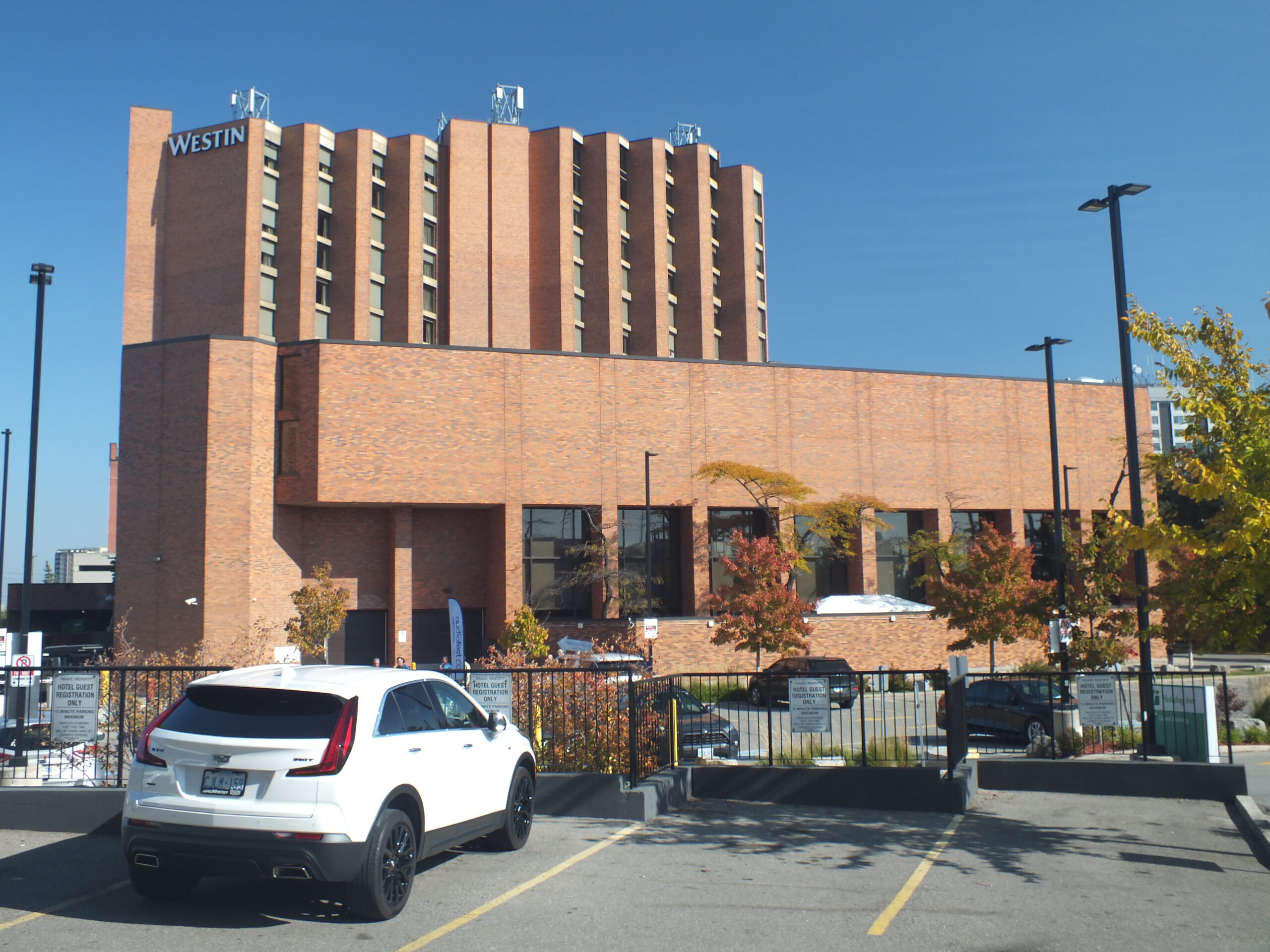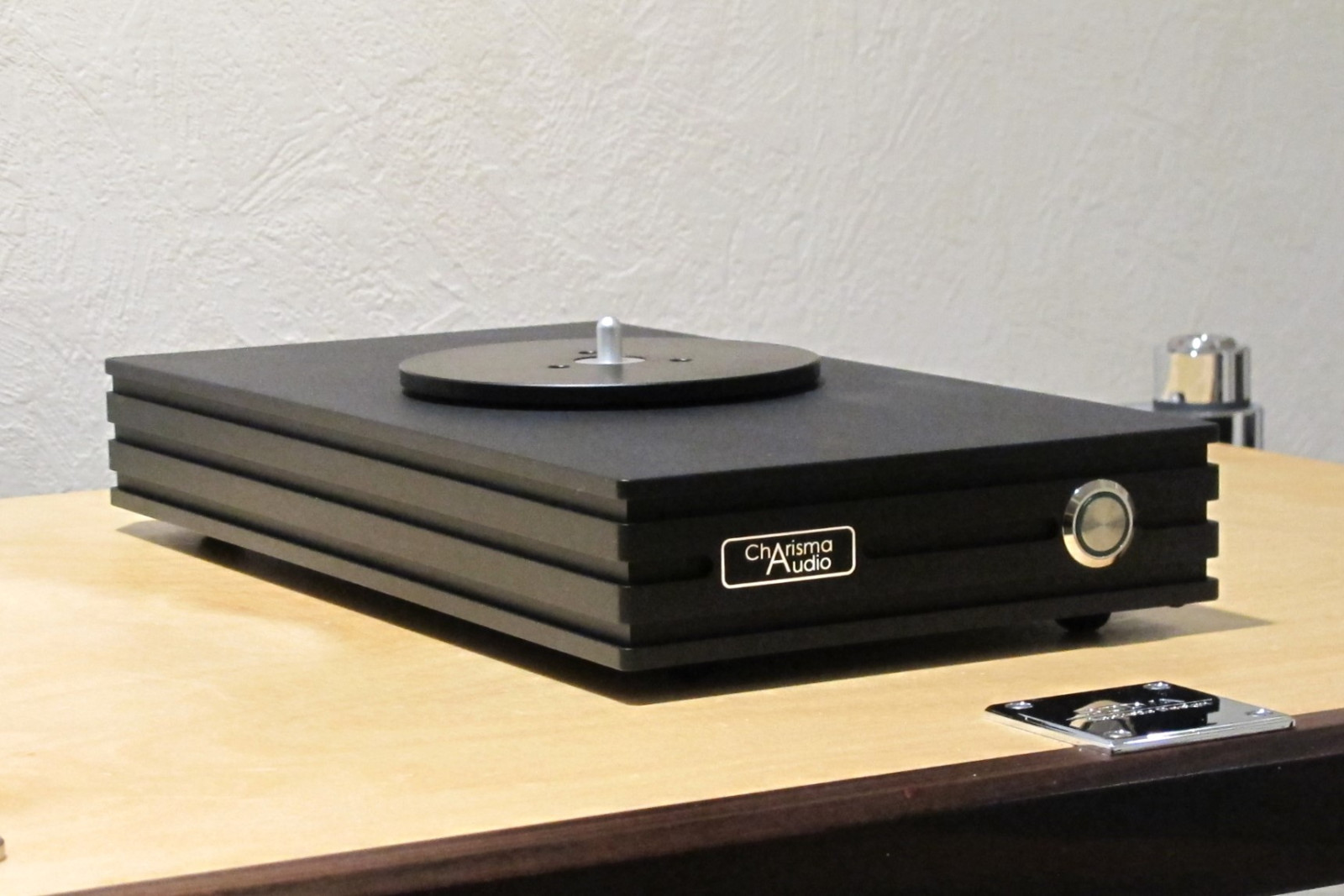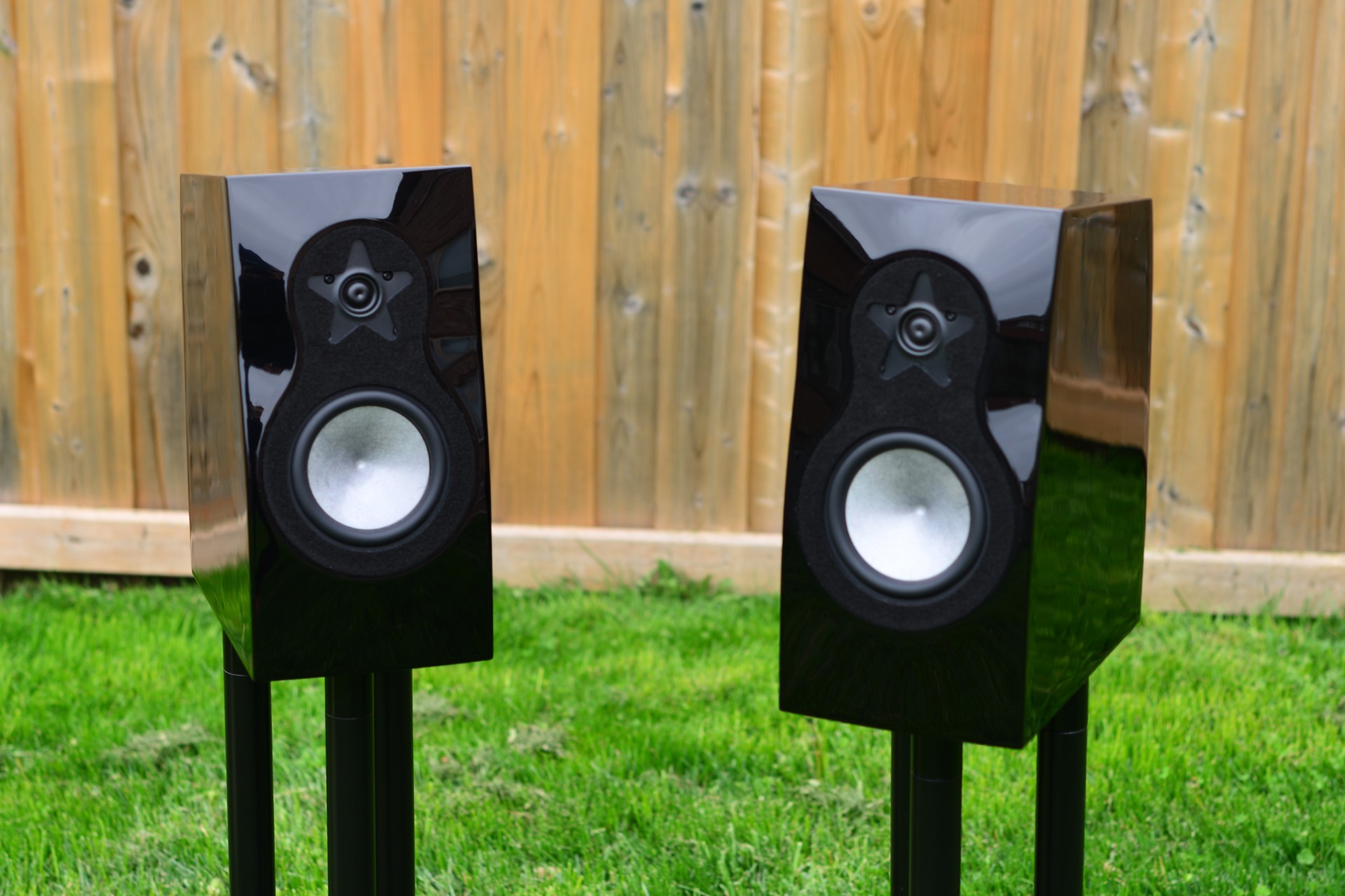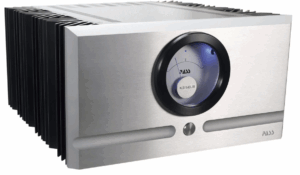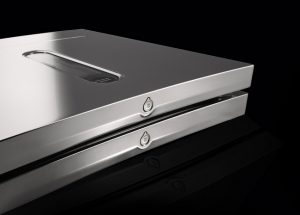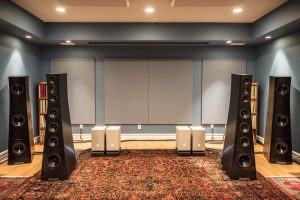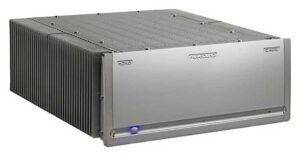McIntosh MC830 Solid-State Amplifier (courtesy of McIntosh)
McIntosh amplifiers are the type of ultra high-end audio components that cause fist fights at estate hearings. When the opportunity to review a pair of McIntosh's MC830 solid-state amplifiers, ($8000 per pair) arose, I was quite excited to begin listening.
Product Description
Each MC830 single channel amplifier is 32" (31.2cm) wide, 9½" (24.1cm) high, and 16" (40.6cm) deep. One unit weighs 55lbs (24.9kg) boxed and 48lbs (21.8kg) un-boxed. These monoblock amps create 300-watts into an 8Ω load or a whopping 480-watts driving a 4Ω load.
The front of the MC830 features an illuminated Power Meter, a Power Guard indicator LED, a Standby indicator LED, and two knobs. The left-side knob turns the lighting for the Power Meter on and off. The right-side knob turns the amplifier's main power on and off.
The rear panel of each MC830 has two binding posts to connect a speaker cable to one loudspeaker. As the MC830 is a single channel amplifier, an end-user will (obviously) need two MC830 amps to create stereo sound.
Each monoblock offers one balanced (XLR) input and one single-ended (RCA) input. The XLR circuit inside of the MC830 is fully balanced. There is a sliding Input Mode switch to choose either the balanced 'Bal' on unbalanced Unbal input. The unit also has an Auto Off switch which places the unit into 'Standby' mode if no incoming signal is detected for 30 minutes.
For custom integrators, the amp has in and out trigger controls. A disposable 15Amp A/C power cord comes with each monoblock. The MC830 has a 3-prong IEC plug to upgrade the stock A/C power cable. Likewise, if an end-user wishes to upgrade the stock fuse, the amp has an easily accessible fuse holder. The binding posts are spring-loaded. Each unit comes with a custom plastic wrench to tighten the binding posts.
Initial Sonic Impressions
I primarily tested the pair of MC830 monoblock amplifiers in my 2-channel Esoteric and Audio Research basement digital rig. Powered by AudioQuest's Firebird power cords, the MC830 amps had a magical sonic synergy with a 4Ω pair of Sonus faber's Sonetto 8 floorstanding loudspeakers.
The amps are whisper quiet. I found that they sounded their best in the middle of the night. From a cold start, they consistently needed about 30 minutes of signal running through them before they opened up and really started to sing. Stated succinctly, the amps need to be warm to sound their best.
Germane to each MC830 pumping out 480-watts into each 4Ω speaker, the Sonetto 8s sounded caffeinated and dynamic. Compared to the Icon Audio MB90 Mk2 monoblock tube amplifiers, ($7000), that I usually use to drive the Sonetto 8 speakers, the MC830 amps created slightly faster transients, noticeably better separation of instruments within the soundstage, and comparable soundstage height, width, and depth.
Although the Icon Audio tube monoblocks were less fatiguing in the high frequency registers, the MC830 amps brought the Sonetto 8 speakers to life in a surprisingly energetic way that I honestly hadn't expected.
Night after night, the MC830 amps created an immersive emotional listening experience with whatever music I played. Mahler, Marillion, Motörhead, Chris Stapleton, the MC5, Miles Davis, AC/DC, Rossini, Jeff Beck, or John Lee Hooker, regardless of the type of music that I fed them, the monoblocks consistently created a breathtaking sound that was accurate, precise, and soul-moving.
Comparison Tests
For perspective, I compared McIntosh's MC830 amps to the following amplifiers: a pair of Sonic Frontiers Power-1 tube amplifiers, a pair of Icon Audio MB90 Mk2 tube monoblocks ($7000 per pair), and a McIntosh MC3500 Mk2 vacuum tube monoblock amp ($15,000). And last, a pair of Pass Labs XA-100.8 solid-state monoblocks ($19,500 per pair).
Compared to McIntosh's $15,000 MC3500 Mk2 tube amplifier, the MC830 solid-state amps offer the same "house sound" that the monster MC3500 Mk2 amps deliver. The MC830s just don't create as much of it. The MC830 amps have the same DNA as McIntosh's valve amplifiers, but with slightly less tube warmth and a bit more solid-state muscle. They chiseled sonic images with greater precision and in a less rounded and romantic way.
Stepping into the ring versus a pair of Pass Labs' XA-100.8 solid-state monoblocks, ($19,500 per pair), the MC830 amps did not have the incisive resolution, 3-dimensional soundstaging, or micro detail retrieval of the $20K level Pass Labs amps.
The XA-100.8 is a genuine heavy-weight pair of solid-state monoblock amps. These monster amps can be Panzer-Division fast, loud, and heavy. Think of Mike Tyson back in 1988. They can knock a listener out with their finesse and power in the blink of an eye. The XA-100.8 amps can also reproduce delicate stereo recordings with all of the subtle timbral shading and nuanced musical precision that only top-shelf amplifiers do.
At $8000 per pair, the MC830 monoblocks were a lot closer to the sound quality of the Pass Labs amps than I expected them to be. The MC830 amps will give listeners a taste—not a full meal… but a sweet and succulent taste—of what $20K level solid-state amplifiers sound like.
Compared to my Sonic Frontiers Power-1 tube amplifiers, the MC830 amps sounded less lush and romantic. The MC830 isn't as warm as any of the tube amps that I own. These sonic differences were, however, subtle and certainly not dramatic. The defining sonic character of solid-state amplifiers versus the sound of vacuum tube amplifiers isn't in sledgehammer terms of one being marble slab hard, cold, and chiseled and the other being leather coat soft, warm, and comforting. Solid-state and glass valve amps sound different. But the differences are, as noted, quite subtle.
Shortcomings…?
Compared to reference level tube amps, the MC830s are a bit harsh in the highs. They do not have the resolution or refinement of amplifiers priced north of the $20K level. Not that a pair of $8000 monoblocks should be expected to perform at such a high level.
Overall, I was mightily impressed by the sound quality of the MC830 amps. They layered individual instruments within a 3-dimensional soundstage in an impressive and—at times—unexpectedly precise way. Even with densely layered and complex musical passages, the MC830 amps never sounded stressed or congested. At 480-watts into 4 Ohms, the sheer power of McIntosh's mini-beasts created an eerily transparent sound that, with decent recordings, floated ghostly sonic images in my listening room with a palpable sense of weight and presence.
I found that the MC830 monoblocks had a strong synergy with Sonus faber's loudspeakers. I currently own pairs of Sf's Electra Amator 3 bookshelf monitors, Olympica Nova 3 loudspeakers, and Sonetto 8 floorstanders. McIntosh's MC830 amps sounded phenomenal with all of these handcrafted Italian sonic wonders.
Listening Tests
Released in October 1997, South Saturn Delta (MCA: MCAD-11684), is a posthumous collection of songs written and played by Jimi Hendrix. The tracks were collected from out-of-print albums. This compilation provides listeners with a deep dive into Jimi's creative genius and some of his best studio outtakes and rare unreleased recordings.
The songs on "Saturn" showcase Hendrix's mind-warping fusion of rock, blues, and explorative jazz guitar work. The MC830 amps let me hear Jimi's screaming lead guitar lines at live concert volume levels. They also managed to recreate the delicacy of his duck-feather soft acoustical guitar lines. In the gentle song "Midnight Lightning" for example, I could clearly hear Jimi's fingers sliding along the guitar strings.
I was also enchanted with the smoky timbre of Hendrix's vocals. The meaning and soul of his aggressive lead guitar lines and expressive rhythm chords struck me deeply. Image positioning and stability, timbral purity, and dynamics were all strikingly accurate too. Noel Redding's toe-tapping bass lines sounded punctuated and energized. Mitch Mitchell's drum and percussion work was explosive.
Recorded back in June 1992, Kyuss' Blues for the Red Sun, (Dali Records: Dali 61340-2), is a foundational corner stone album within the desert rock, stoner doom, and desert doom genres of music.
The war torn onslaught of tracks like "Thumb," "Thong Song," and "Green Machine" triggered memories of the early 1990s when I'd first heard—and felt—the gravel throated roar-from-the-apocalypse death-doom vibe of these hard charging songs.
McIntosh's MC830 monoblocks managed to recreate the hell-hammer heavy rhythms of these classic songs. Much to my surprise, the amps also deftly recovered the tactile feel of the John Garcia's sun drenched and climate stressed vocals. A lot of amps can play music at bulldozer loud and heavy levels, but they cannot simultaneously reproduce delicate vocals and subtle sonic accents. The MC830 amplifiers proved that they can do both.
Conclusion
In a world where over-priced complexity all-too-often seems to be the norm, McIntosh's MC830 monoblock amplifiers offer a warm and welcome vacation from a seemingly incessant over-complication of our lives. Feed these amps power through decent A/C cords, attach good speaker cables, turn them on, and—voila—you'll hear soul moving sound!
If you're looking for a pair of solid-state monoblock amplifiers priced beneath the $10K retail mark, I would strongly recommend auditioning a pair of McIntosh's MC830 amplifiers.
MC830 monoblock amplifiers
Retail: $8000 per pair
McIntosh




